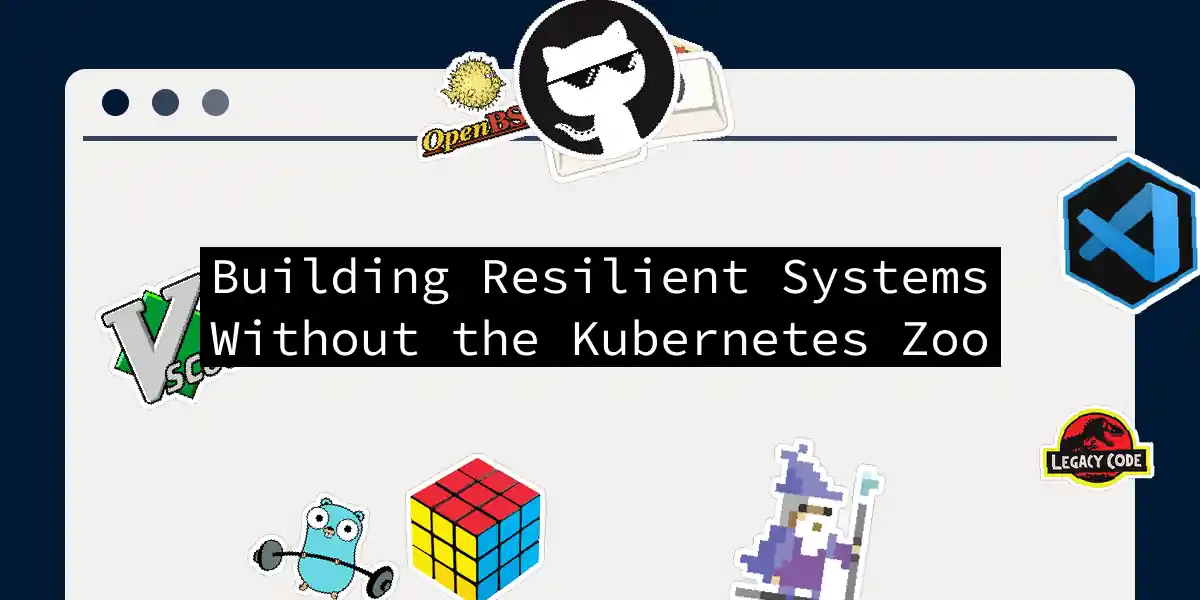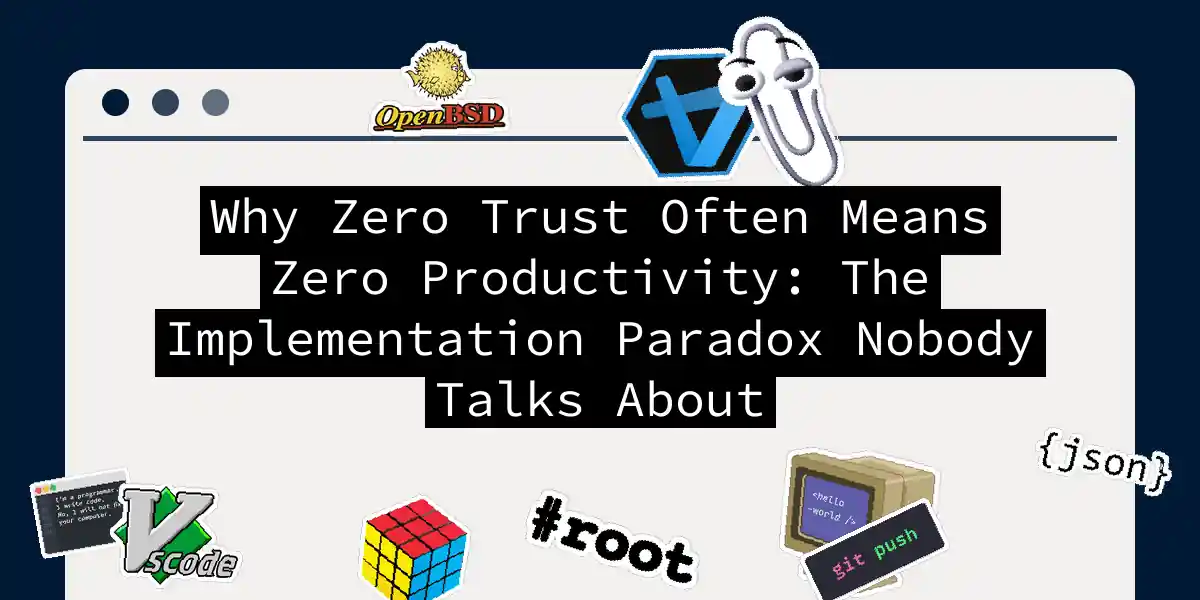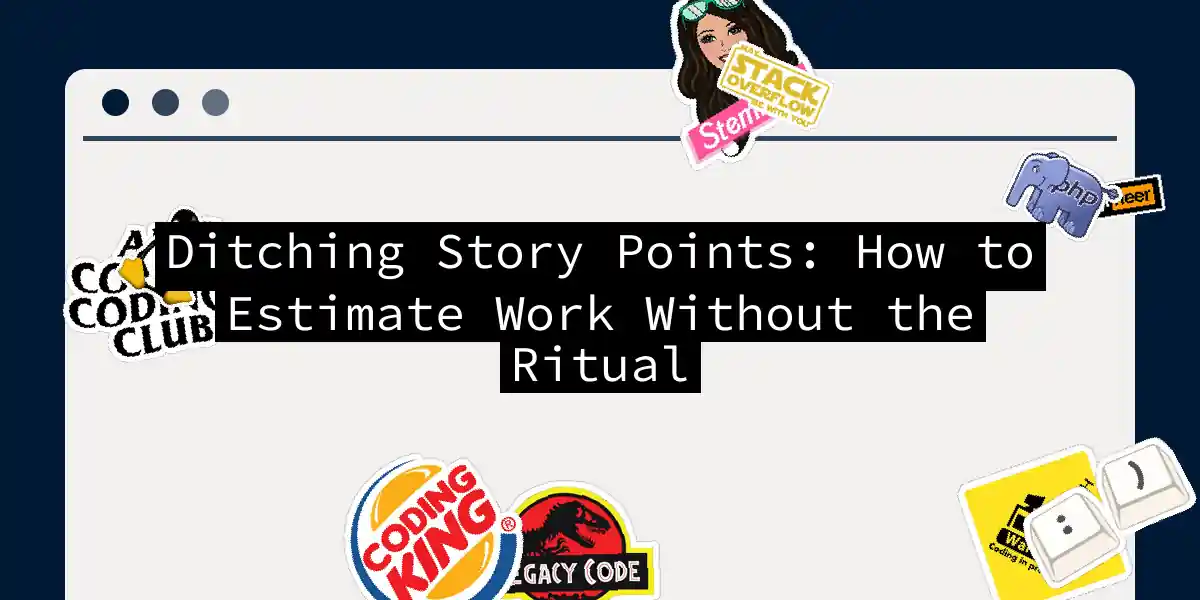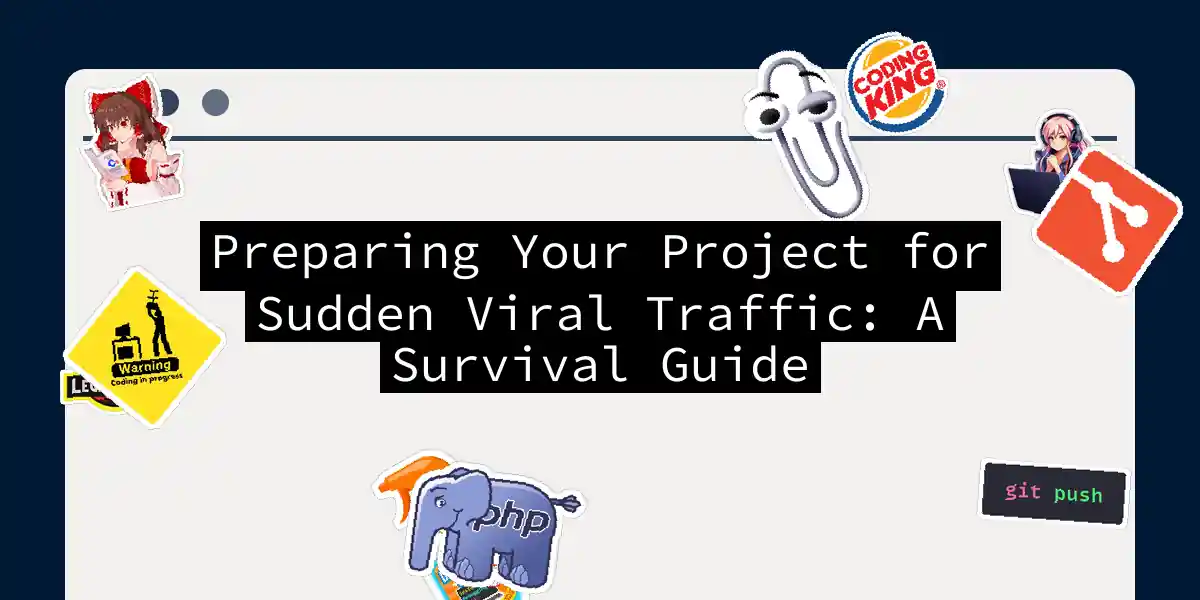
Building Resilient Systems Without the Kubernetes Zoo
We’ve all been there. Your team decides that Kubernetes is the solution to all infrastructure problems, and suddenly you’re managing 47 different CRDs, debugging networking issues that seem to violate the laws of physics, and spending more time troubleshooting your orchestrator than actually deploying applications. The irony? You just needed a simple, resilient system. Let me be clear: Kubernetes is powerful. It’s also complex. And complexity is the enemy of resilience....



